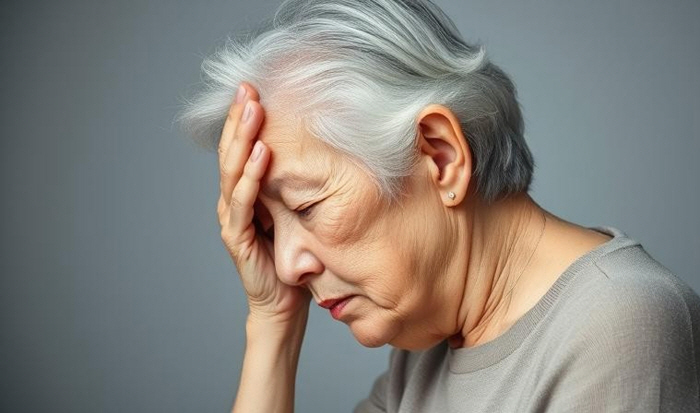Suspected cerebral hemorrhage if pronounced in one paralysis...How to recover and prevent?
|
Kim Myung-jin, a professor of neurosurgery at Gachon University Gil Hospital, explained that cerebral hemorrhage occurs without any symptoms, and that 'Golden Time' is important because it does not leave any aftereffects when treated immediately.
Stroke can be divided into two types: cerebral infarction in which blood vessels in the brain are blocked or cerebral hemorrhage in which blood vessels burst. Hemorrhagic stroke is a disease that suddenly comes without any signs of prognosis and has a very poor prognosis. Early recognition and response in the early stages of the outbreak determine life and sequelae. Brain hemorrhage accounts for about 20% of all strokes.
The biggest cause of hemorrhagic stroke is high blood pressure. Unlike normal blood pressure, where blood pressure rises and falls naturally, high blood pressure causes damage by putting a constant burden on the walls of blood vessels. These damaged blood vessels gradually harden and lose elasticity. In this state, a sudden rise in blood pressure eventually bursts blood vessels and leads to cerebral hemorrhage.
In addition to high blood pressure, brain aneurysms in which some blood vessels swell and rupture easily like kaoli, cerebrovascular deformities with abnormal vascular structures, and drugs such as trauma, hemorrhagic disease, and anticoagulants are also causes.
Brain hemorrhage shows various symptoms depending on the bleeding location. In addition to sudden weakness and immobility in one limb, speech dysphonia that makes it difficult to understand, loss of consciousness, which is a serious change of consciousness close to a coma, convulsions, facial paralysis, sensory loss, and visual impairment can also occur.
Professor Kim Myung-jin said, `If a suspected cerebral hemorrhage occurs suddenly, first aid should be performed immediately with the possibility of cerebral hemorrhage in mind"The brain is an irreversible organ once damaged, so quick judgment and treatment are of paramount importance." The key is to visit a medical institution in Golden Time without delay and receive treatment."
Treatment of cerebral hemorrhage depends on the amount and location of the hemorrhage and the patient's condition. If the amount of bleeding is small and conscious, follow-up observation is conducted after medication. However, surgical treatment may be required to remove hematoma when the amount of bleeding is large or when brain pressure is increased.
After such treatment, intensive rehabilitation is necessary. The degree of recovery varies greatly from individual to individual, but treatment of the initial 3-6 months is very important. Recovery can take months to years and only work if it continues uninterrupted.
Intensive rehabilitation is an essential factor in recovery after cerebral hemorrhage. Rehabilitation should start as soon as possible. If it starts within a few days of the outbreak, the recovery rate increases. In addition, rehabilitation treatment should be approached multidisciplinary. At this time, integrated management such as physical therapy, occupational therapy, speech therapy, and psychological counseling is necessary.
In addition, active participation of patients must be made. Goal-oriented training such as walking, speaking, and eating is effective. After returning to home, education for safety at home such as fall prevention, use of aids, and family education is also needed.
In addition, people who have suffered a cerebral hemorrhage once are more likely to relapse than those who do not. This is because it continues to have causes such as high blood pressure, diabetes, and smoking that caused cerebral hemorrhage. Therefore, once you suffer from a cerebral hemorrhage, you should thoroughly manage risk factors through health care. First, you need to control your blood pressure, blood sugar, and cholesterol. Lifestyle habits such as smoking cessation, abstaining from alcohol, and low-salt diet should be improved, and regular hospital checkups and medications should be continued.
Professor Kim Myung-jin said, "Brain bleeding is highly likely to recover only when quick response, steady rehabilitation, and thorough efforts are made to prevent recurrence." and added, "In order to improve the quality of life of the patient, the attention and support of the family and people around him must be made as much as the patient's own efforts."
|
This article was translated by Naver AI translator.





